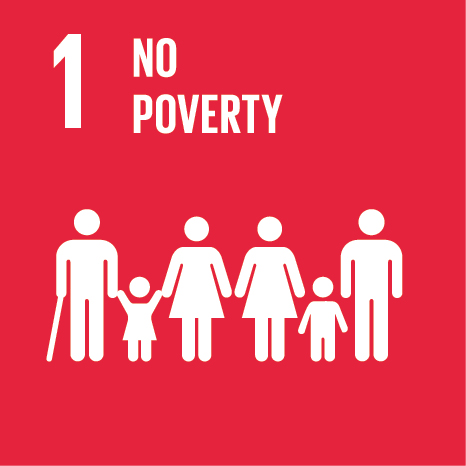



Amrita Vishwa Vidyapeetham directly contributes to policy-making and programme implementation to end poverty, delivering impact at local, regional, national, and global levels. These efforts support SDG 1 (No Poverty), SDG 4 (Quality Education), SDG 10 (Reduced Inequalities), and SDG 17 (Partnerships for the Goals) through collaborative research, participation in national panels, and UN-aligned initiatives — all documented on amrita.edu in 2024.
UNESCO Chair on Experiential Learning for Sustainable Innovation and Development
In 2024, Amrita’s UNESCO Chair leads national and cross-border policy dialogues, field studies, and roundtables focused on rural poverty, gender equality, and sustainable development. Faculty and students contribute to global best practices on poverty eradication, presenting findings in UNESCO forums and policy summits.
Amrita SDG Engagements and Partnerships
Amrita actively shapes education and social inclusion policy via its SDG office, working with India’s Ministry of Education and United Nations agencies. In 2024, the university co-developed guidelines for skill development and digital inclusion for marginalized groups, and represented higher education priorities in national SDG review meetings.
“Bridging the Gap” Policy-Driven Programme, Rural India
Amrita’s 2024 programme deployed teams to inform villagers about welfare policies and enrolment options, sharing best-practice models and data with local government bodies. These activities directly informed regional welfare delivery schemes and digital inclusion policy.
Source: Bridging the Gap: Enabling Access to Government Welfare in Rural India
STI Hubs – National Partnership & Policy Impact
Amrita’s STI Hubs collaborate with the Department of Science and Technology and state governments in policy work, providing large-scale training, digital literacy, and basic services for tribal empowerment. Programme research is reported to government stakeholders and utilized to inform national STIP (Science, Technology, and Innovation Policy).